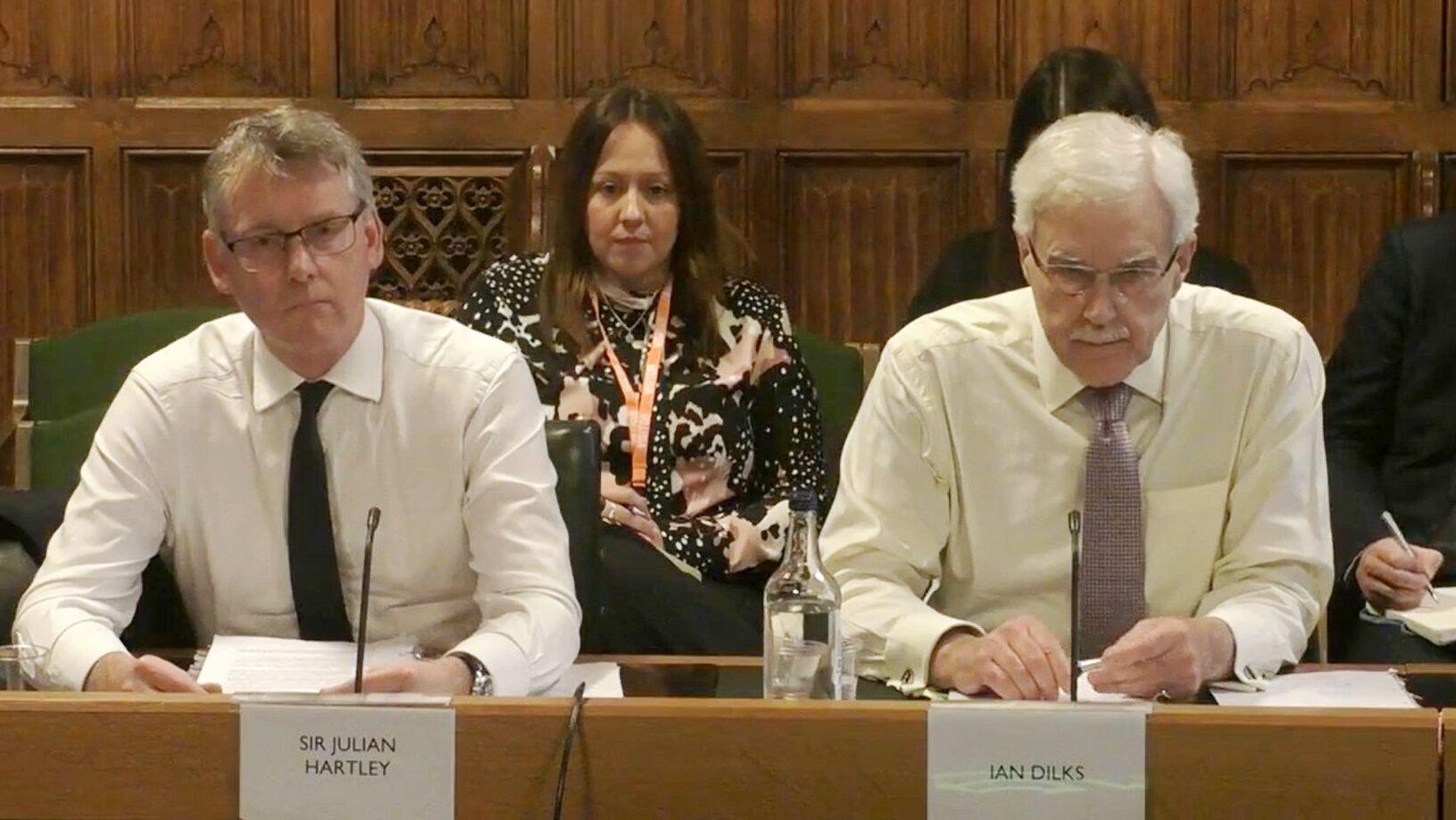Are the fit and proper person regs fit for purpose
The Fit and Proper Person Test causes confusion and sometimes trepidation among many NHS managers. We explain how it works and examine options for reform.

Most NHS staff behave well and live its values: a handful don’t and in extreme cases this can mean they are disciplined either by their employers or their regulatory bodies.
But dealing with poor behaviour at the top of organisations can be hard – making it even more important that people appointed to top jobs have the right attitudes, behaviour and record. Since 2014, those at board level in NHS provider organisations have had to pass the “Fit and Proper Person Test” (FPPT) – a measure introduced in the wake of the Francis Report.
While the FPPT can’t guarantee how directors will behave in the future, it does – in theory – exclude people with a history of unsuitable behaviour from board-level jobs, either as executives on non-executives. The consequences of being judged not ‘fit and proper’ are severe: managers could be denied a new job or removed from an existing one.
Kark review
This process is now under review by QC Tom Kark, who will report back to the Department of Health and Social Care by the autumn. The test may be refined to include clearer definitions of what constitutes “misconduct” and extended beyond provider organisations to cover CCGs and national bodies.
The review has generally been welcomed, with both managers and employers grateful for the prospect of greater clarity. But there are deeper concerns about the FPPT and whether it achieves what it is intended to do.
For MiP chief executive Jon Restell, one of the issues is the lack of clarity about how the test judges managers making difficult and sometimes unpopular decisions. “How do you distinguish between a bad apple and someone in a difficult job?” asks Restell. He argues that any system of “regulating” individual managers faces a challenge because managers are working within a complex system with many decision-makers and performing difficult balancing acts between different priorities.
Grey areas
While a fraud conviction against a manager, for example, would make the application of the FPPT straightforward, a lot of the dilemmas managers face are less clear-cut. If a finance director delays payments to contractors to help the trust’s liquidity and ensure staff are paid on time, how should they be judged under the FPPT? And what about executives who make decisions which disadvantage their trusts, but benefit the local health economy or sustainability and transformation partnership? Many managers are currently being encouraged to do this, but technically could be in breach of their statutory duties towards their trusts. This is just one of the grey areas senior NHS managers have to operate within.
There is also some confusion about who should be subject to the test – and some evidence that it has been used against staff members who are not at director or an equivalent level. The CQC now claims that it applies to associate directors and says it’s irrelevant whether an individual has voting rights on the board. It is now clear that it applies to those holding director positions temporarily – so interims and those acting up will be caught by it.
Black and white
Unlike many other regulatory tests, the FPPT is black and white: if a manager fails it, there is no recourse to a lesser penalty or opportunity to improve or retrain. Restell points out that with other forms of regulation “the disciplinary part is quite rare”, but the FPPT is about identifying “people who can’t be helped in their work”. Being found to be not fit and proper is a life-changing moment which could end managers’ careers in the NHS and even make it difficult for them to find jobs outside.
The test is administered by the employer, whereas the regulation of other healthcare professionals relies on an external panel with employer involvement limited to, at most, referring an individual or acting as a witness. This increases the possibility of the regulatory regime being misused for general disciplinary purposes.
Restell also raises the issue of proportionality. “The costs of investigating the behaviour of an executive, sometimes based on anonymous allegations about incidents many years ago when they were more junior, can run into tens of thousands of pounds,” he warns. “Yet trusts often feel obliged to launch such investigations once they are given information.”
Subjective decisions
NHS Providers, which represents trusts, is also concerned about the lack of clarity surrounding the FPPT. Recent guidance from the CQC has gone some way to clarifying who counts as a ‘director’, but NHS Providers points out that organisations still have to decide whether a director is “of good character” and whether they have done anything which amounts to “serious misconduct and mismanagement” – which is ultimately often a subjective decision.
Confusion also surrounds the status of Disclosure and Barring Service checks, which many CQC inspectors expect to be in place for all board level appointees, although the DBS refuses to carry out these checks on directors who are not directly involved in regulated activities.
NHS Providers policy officer Georgia Butterworth points out the FPPT process can’t be expected to do everything. “Healthcare is a risky business and trusts are very complex organisations – the fit and proper person test is only one part of the picture,” she says.
Restell sees signs that Dido Harding, the new chair of NHS Improvement, appreciates some of the concerns about the FTTP and is encouraged by her talk of “not decapitating” managers. “But she will have a difficult job balancing that with the fit and proper person regulations as they stand,” he warns. “The danger is that good intentions dry up in the heat of bad publicity.”
Related News
-

Regulating the managers: more questions than answers
The Labour government’s plans for regulating NHS managers are still shrouded in mystery, and the three options on the table each have their pros and cons. Rhys McKenzie weighs up the choices and gauges the views of MiP members on the best way forward.
-

The inspector falls: why the CQC needs a fresh start
After years of chaos, the Care Quality Commission urgently needs to rebuild trust and credibility with the public and the services it regulates. What needs to change and what are the priorities for new boss Sir Julian Hartley? Alison Moore reports.
-

Voice, value and vision: what analysts need from the NHS
Data analysts play a vital role in an NHS which is increasingly data-driven and focused on public health trends. But the NHS faces fierce competition for skilled analysts and many feel the health service fails to value them or fully use their talents. Alison Moore reports.